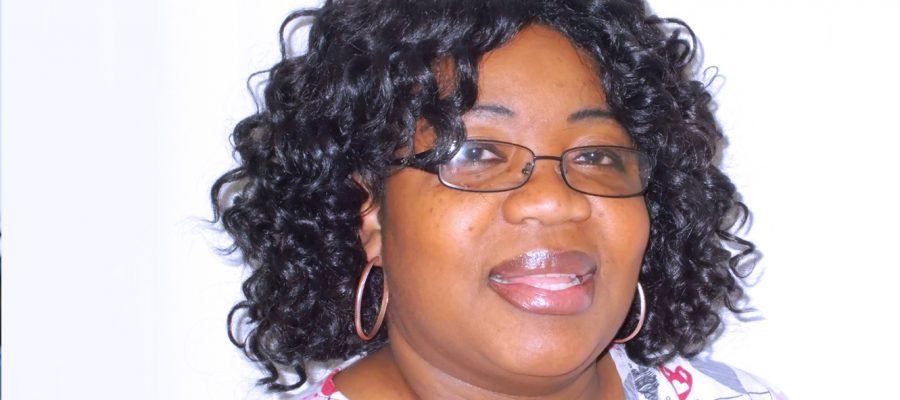 Finding the right person or agency to provide care for a loved one is a very important process. In a previous blog, we discussed some examples of primary caretakers that weren’t so great, and how to judge whether the caregiver or agency is the right fit for your family. As a follow-up to that post, we asked different adults what qualities they look for when hiring someone to take such an important role in their parent’s or spouse’s life. Here are the four answers that came up most often…
Finding the right person or agency to provide care for a loved one is a very important process. In a previous blog, we discussed some examples of primary caretakers that weren’t so great, and how to judge whether the caregiver or agency is the right fit for your family. As a follow-up to that post, we asked different adults what qualities they look for when hiring someone to take such an important role in their parent’s or spouse’s life. Here are the four answers that came up most often…
Trustworthiness: This seems like an obvious selection, but how do most people judge trustworthiness? Often, this can happen in the context of face-to-face meetings (the proverbial ‘handshake test’ or other aspects like eye contact, forthrightness, demeanor, etc). But in this day of searching for things and people online, what tools do you have at your disposal to gauge trustworthiness? Online reviews and calling referrals are two ways to get an idea as to who you might be working with. An agency or independent contractor who is unable to provide multiple referrals might be an early warning sign to keep looking.
*As an aside, Pennsylvania Agency of Nurses takes a similar approach to gauging trustworthiness…we conduct in-depth, in-person interviews before we hire someone for our agency. Read more about our staff’s credentials here.
Experience & Training: While someone might naturally be great at working with people, it is infinitely better if they also have experience and training to provide in home care. This is especially important for caregivers working for patients with special needs, or patients afflicted by diseases like Alzheimer’s, Parkinson’s, multiple sclerosis, etc. A caregiver who has a background in healthcare and/or receives training on a regular basis will be much better equipped to notice signs of distress, facilitate care, and respond appropriately to changes in the situation.
*At PAN, our employees receive regular training on topics like Fall Prevention, Basic Skin Care, Proper Lifting Techniques, Effective Communication, and Basic Home Safety.
Professionalism: Depending on who you ask, professionalism can mean a lot of things when it comes to primary caretakers. Some of the specific examples we received regarding professionalism were…
- The caretaker anticipates and meets a family’s need for privacy when necessary by stepping out of the room temporarily
- Keeping a tidy appearance (personal hygiene, grooming, tying hair up when preparing food, etc)
- The caretaker is competent and knows which signs to look for in a patient (example: will a certain medicine lead to constipation, drowsiness, irritability, etc for the client?)
No matter your exact definition of professionalism or how you expect to see it manifested, it’s certainly a quality that should be reflected by the person or agency you decide to hire.
A Passion for Helping Others: Caretaking is important work, and it can seriously impact the quality of life for both client and caregiver. At alternating times, the job can be rewarding, difficult, a pleasure, or sometimes thankless. But when someone has a passion for people (and taking care of others), they are much better equipped to handle the ups and downs that come with the work, and to provide excellent care.
*At PAN, we strive to hire caregivers who are as passionate as we are. As a nurse-owned, nurse-operated agency, serving others is our calling. Read more about our story here.
So there you have it – four of the most important qualities to look for in a primary caretaker. We asked and you told us! But which characteristics would you add? Tell us in the comments!
{{cta(‘2f52f924-8d16-47ea-9414-8a32b6e36c45’)}}








